Publications
Articles, publications, books, tools and multimedia features from the U.S. Institute of Peace provide the latest news, analysis, research findings, practitioner guides and reports, all related to the conflict zones and issues that are at the center of the Institute’s work to prevent and reduce violent conflict.
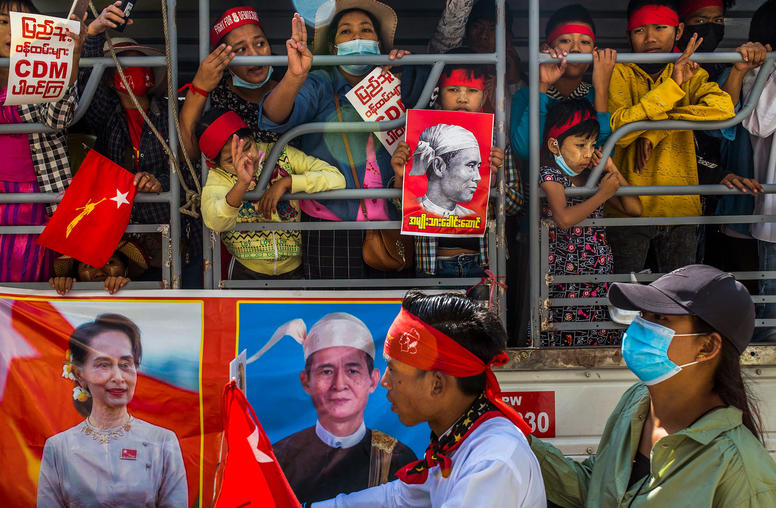
China and Myanmar’s Ousted Leaders: Mixed Signals, Cold Interests
Over the past two months, China has sought to resuscitate its relations with Myanmar’s National League for Democracy (NLD), the deposed party of Aung San Suu Kyi. Many analysts speculate the move reflects eroding confidence on Beijing’s part in the military junta’s staying power. But does it?
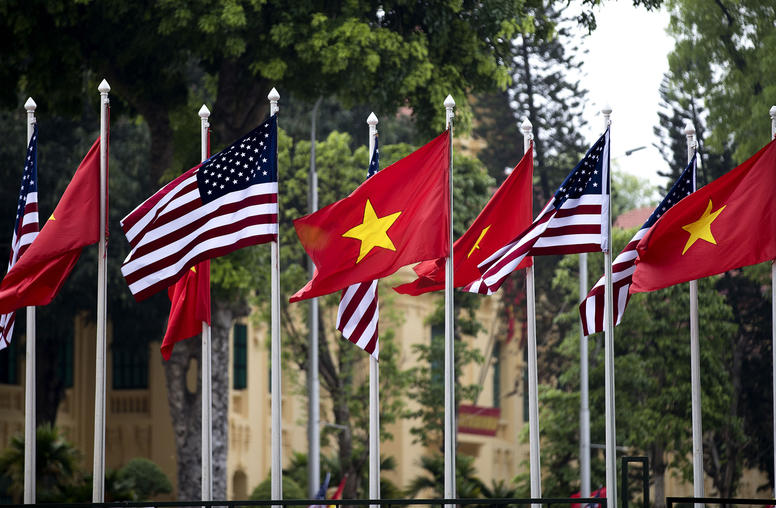
Are There Lessons from Vietnam for U.S. Reconciliation with the Taliban?
The Taliban’s rapid victory in Afghanistan evoked many comparisons to the collapse of the South Vietnamese regime and U.S. evacuation from Saigon in 1975. Ironically, during the same week in late August that the last U.S. forces were withdrawing from Kabul, U.S. Vice President Kamala Harris carried out a remarkably successful visit to Hanoi. U.S.-Vietnam relations have arguably never been better — a stark contrast to the scent of failure in Afghanistan.
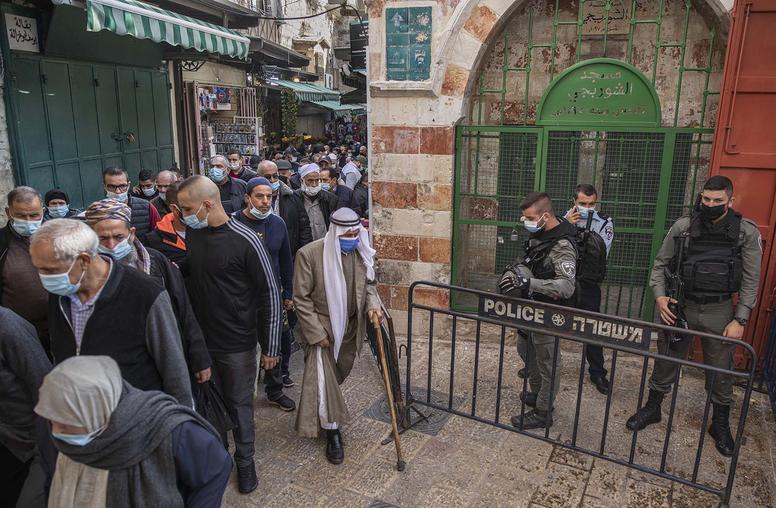
The Four Races That Will Define the Future of the Israeli-Palestinian Conflict
After the latest round of violence this May, Israeli and Palestinian leaders are walking a series of tightropes — Israel’s new government is composed of a potentially unsustainable coalition; a fragile cease-fire teeters between Hamas and Israel; and public protests continue to shake the Palestinian Authority.
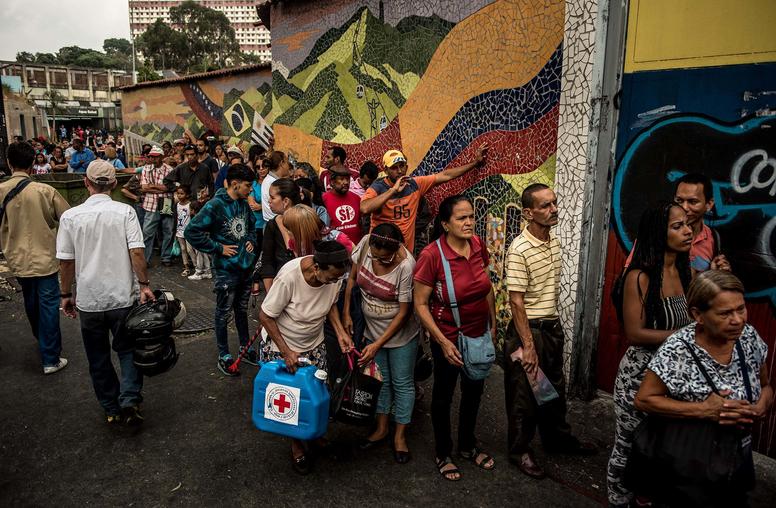
Could China Play a Role in Venezuela’s Crisis?
Few countries can rival the creditor-lender relationship between China and Venezuela on pure volume. China has loaned more money to Venezuela — some $60 billion — than to any other country in the world and is Venezuela’s largest lender by far. But as Venezuela descends further into uncertainty amid a host of economic, political and social crises, Beijing has remained mostly silent regarding the domestic political struggles of one its largest trading partners in Latin America.
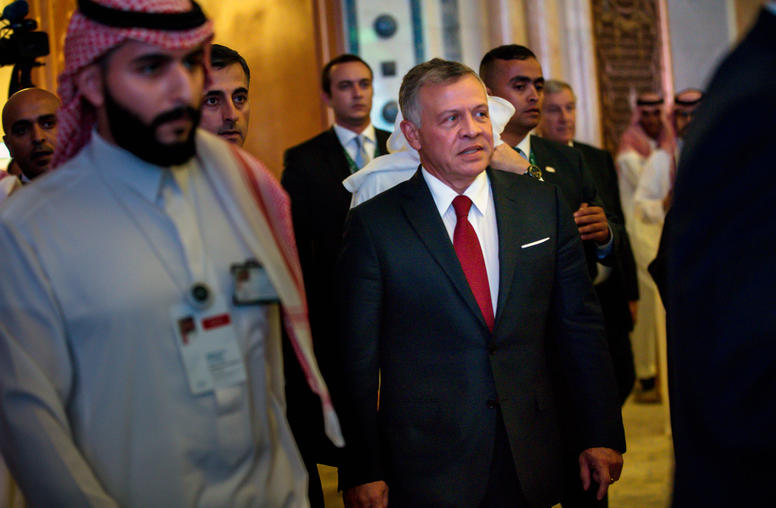
In Washington Visit, Jordan’s King Looks to Reset Relations, Reassert Regional Role
On Monday, King Abdullah of Jordan will become the first Arab head of state to be welcomed by President Biden to the White House. The optics and opportunity are no doubt welcomed by the king, coming at a challenging time for his country domestically and regionally. The White House visit follows on the heels of reports of a secret meeting between Abdullah and Israel’s new prime minister, Naftali Bennet, and the announcement of new Israeli-Jordanian water and trade agreements. The message is clear: Jordan is back as a central player and valued ally for the United States and Israel. But beyond the handshakes, the prospect of smooth sailing toward improved relations will be tested by the ever-turbulent waters of the Israeli-Palestinian conflict.
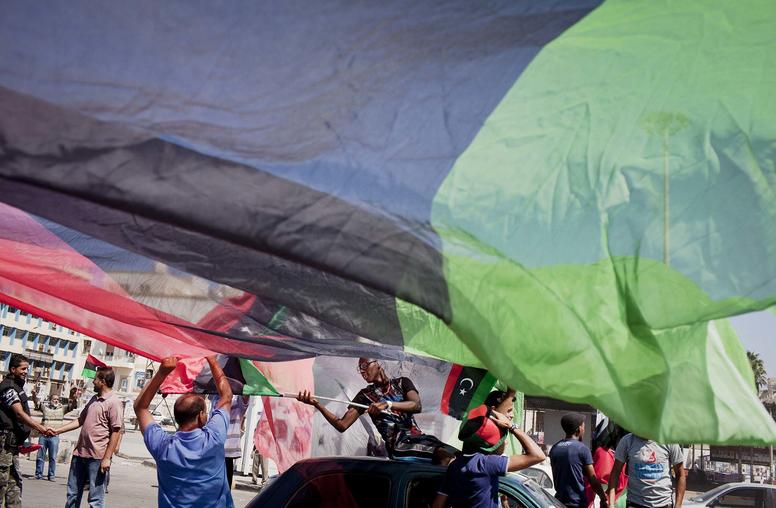
On the Road to Peace, Libya Makes Progress but Hits Pitfalls
After a decade of war and division, Libya has made progress toward peace this year. In March, a Government of National Unity (GNU) was formed to unify the warring Western-based Government of National Accord and the Eastern-based authorities supported by Gen. Khalifa Haftar, who commands forces known as the Libyan Arab Armed Forces (or Libyan National Army). The GNU is a provisional body meant to lead the country to long-delayed elections on December 24. While some progress has been made — a cease-fire agreement has been signed and the executive has been unified — many challenges remain. Chief among those challenges is developing a framework for national reconciliation and addressing the destabilizing role of foreign powers.
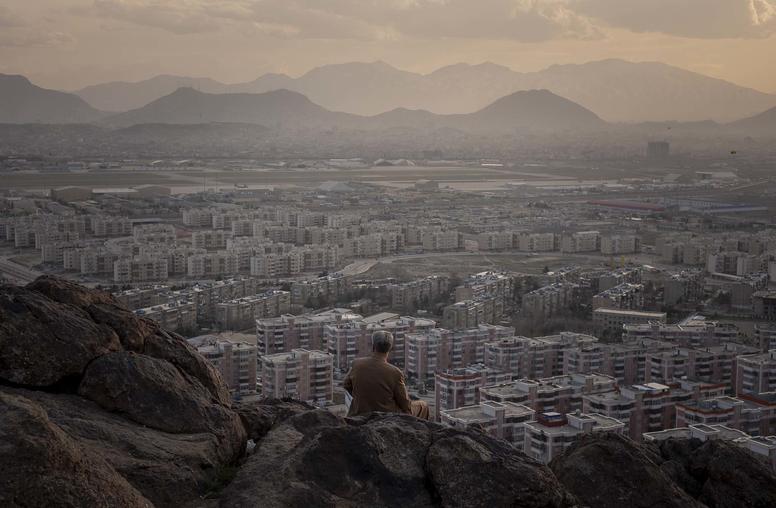
As U.S. Troops Leave Afghanistan, Can Aid Help in Pursuing Peace?
As American troops leave Afghanistan, U.S. policymakers are trying to find other tools to advance peace between the Taliban and the Afghan government. One possible instrument is financial aid, which poured into Afghanistan during the 20-year international military presence in the country. There is, however, no guarantee that aid can help shape events. Certainly, a sudden cutoff of security and civilian support would trigger state collapse. Otherwise, though, expectations should be modest: Experience — in Afghanistan and elsewhere — shows aid has limited impacts, especially amid heavy fighting. The best course for now is to keep assistance at least at its current level, particularly for the Afghan budget, retain flexibility and keep funding available to facilitate moves toward peace and address humanitarian emergencies.
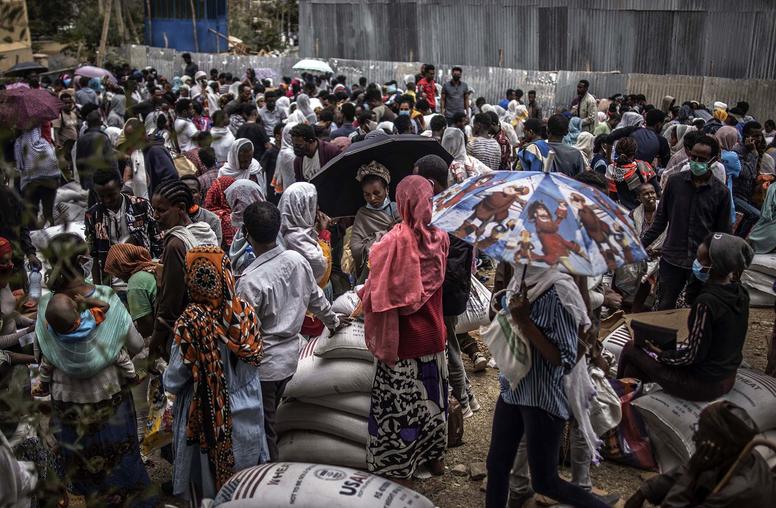
Five Steps to Sustain a Cease-Fire in Northern Ethiopia
After months of war and amid an intensifying humanitarian crisis in Ethiopia’s northern region of Tigray, the Ethiopian government unilaterally declared a “humanitarian cease-fire” on June 28. If Ethiopia wants this truce to end the war it needs to persuade Tigrayan forces, which have so far vowed to keep fighting, to agree to a deal. As a prelude to wider negotiations, the odds of ending the conflict would improve if confidence building measures are urgently undertaken and five key areas of a truce expanded. U.S. and international partners can promote these steps while recognizing that Ethiopians must own any cease-fire process.
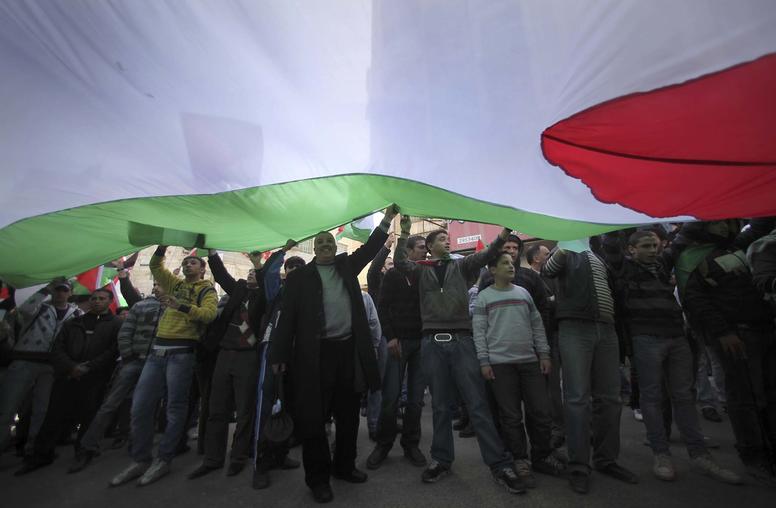
Palestinians’ Divided House Hampers Peace
In a scene reminiscent of the uprisings that swept the Middle East 10 years ago, Palestinian protesters took to the streets over the weekend, chanting, “The people want to bring down the regime.” The recent death of activist and Palestinian Authority critic Nizar Banat while in the custody of Palestinian security forces was the proximate cause for the unrest. But Palestinians’ disenchantment with their leadership has much deeper roots. Fifteen years after the last national elections, the Palestinian polity is as fractured as ever, adding but another obstacle to resolving the seemingly intractable Israeli-Palestinian conflict.
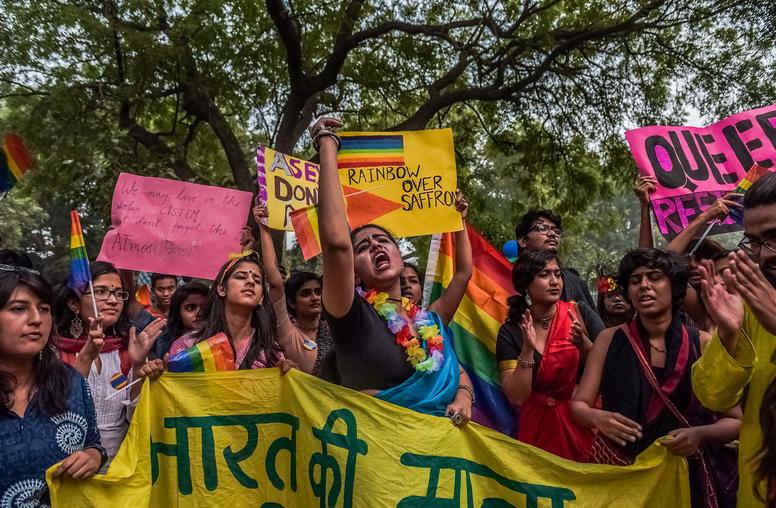
Why Gender and Sexual Minority Inclusion in Peacebuilding Matters
A society cannot be considered peaceful when certain groups within it experience targeted and ongoing forms of violence and discrimination. Despite this recognized importance of inclusivity, gender and sexual minorities (GSM) remain largely invisible in peacebuilding. Even in the international Women, Peace and Security (WPS) agenda, which has become a significant entry point for addressing gender dynamics in peacebuilding, GSM rights, protection and participation are also inadequately addressed. The absence of established norms for and approaches to GSM inclusion means that it is incumbent on peacebuilders to think more intentionally about why and how GSM can be included.